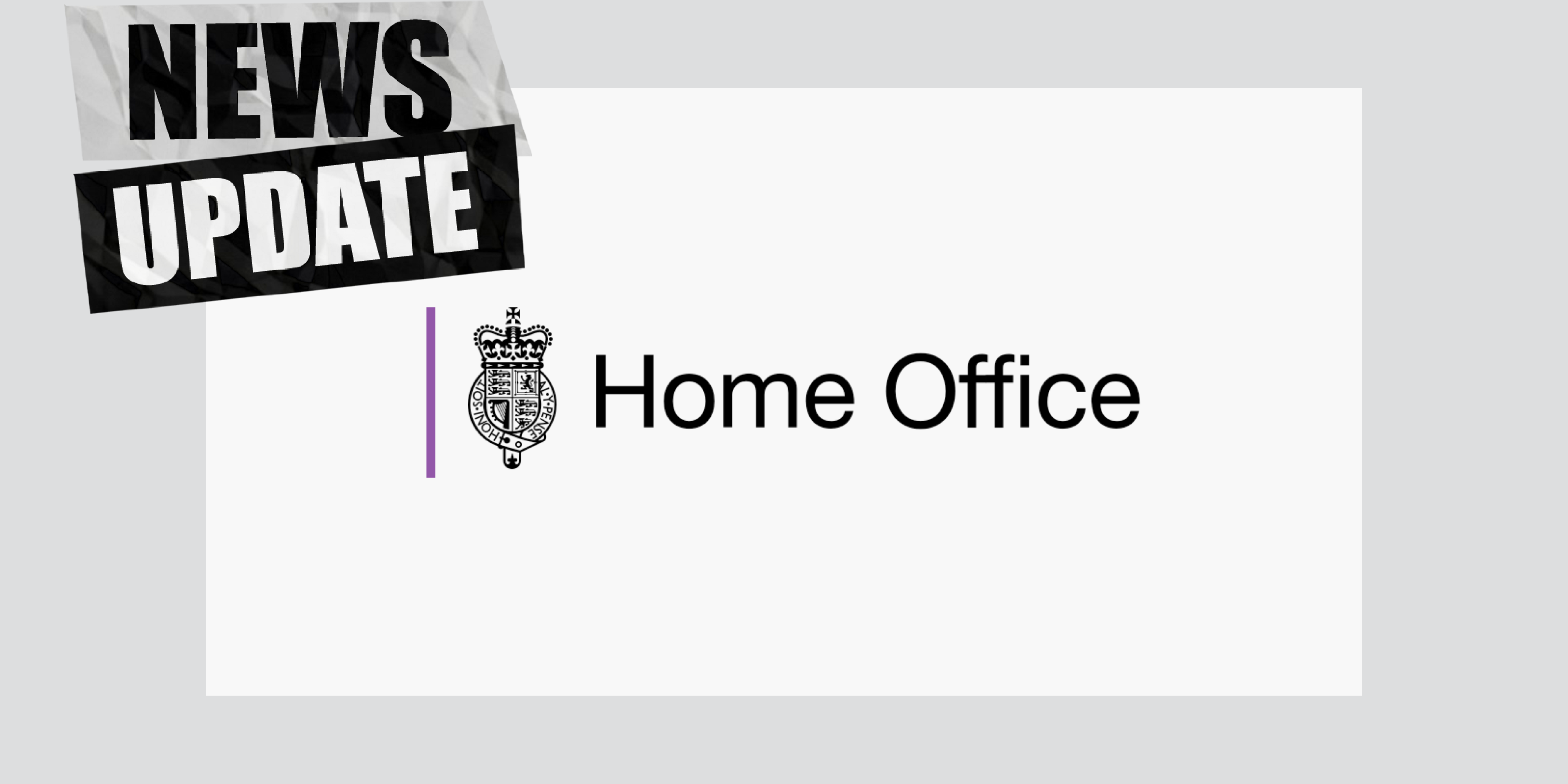Yoga teachers, dog walkers and DJs are among the categories of overseas workers eligible to apply for UK skilled worker visas, it has emerged.
Analysis of Home Office data by an academic has revealed that, over the three years to March 2024, 334 visas were granted for “animal care service occupations”, which include dog groomers, dog walkers, stable hands, kennel assistants and veterinary nursing assistants.
Over the same period, 167 fitness and wellbeing instructors, who include pilates and yoga teachers and lifestyle coaches, were given skilled worker visas.
The disclosure comes ahead of a government white paper, expected this spring, laying out plans to cut the numbers entering the UK to work – through measures designed to boost the skills of the UK workforce.
Under the plans, bosses who break employment law – for example, by failing to pay their staff the minimum wage – will be banned from hiring workers from abroad. Training will also be linked to immigration, so sectors applying for foreign worker visas must first train Britons to do the jobs.
The list of “middle-skilled” jobs eligible for visas was unearthed by Robert McNeil, a researcher at the University of Oxford’s Centre on Migration, Policy and Society.
“Many of these roles may well be challenging and require particular skills, but they might not be the sort of things that are front of mind for most people when they imagine roles that are critical for UK employers to recruit from overseas,” he said.
The list of occupations also includes “costume interpreters” – the people wearing period dress who greet visitors at museums and National Trust properties.
Mr McNeil found them among more than 300 designated jobs on the “eligible occupations” skilled worker visas list.
In a blog post on Tuesday, Mr McNeil said the jobs were on the list because of changes introduced after the UK left the EU. At the same time as ending free movement, the Government reduced the skills threshold to allow middle-skilled jobs to qualify for work visas. Previously, only graduate jobs qualified in the system that applied to non-EU citizens.
“When people think about middle-skilled jobs, roles like plumbers, bricklayers or engineering technicians spring to mind. But defining what is actually middle-skilled is not straightforward,” he said. “Some of the results are surprising.”
The “middle-skilled” list also includes “air travel assistants” – cabin crew and staff who check baggage at airports. In the year ending March 2024, 869 visas were issued for these roles. Cemetery managers, homoeopaths and cycling instructors are also on the list.
Ministers have promised to tighten the rules around visas after repeatedly saying they want to reduce overall migration. Sir Keir Starmer accused the previous Conservative government of conducting an “open borders experiment” in November after revised official figures showed net migration to the UK hit a record 906,000 in 2023.
Home Office sources say that while the “eligible occupations” list is eclectic, applying for a visa is just the first step in being able to come to the UK to work.
Foreign workers also need to be sponsored by an employer, and most are required to be paid a minimum of £38,700. The required income drops to just less than £31,000 or lower if the applicant is under 26 or engaged in certain types of higher education.
Asked to respond to Mr McNeil’s findings, a government spokesperson said: “We are grateful for the work skilled international professionals do in the UK. However, it is clear that we must end reliance on overseas labour and boost economic growth.
“That’s why, under our Plan for Change, we will publish a white paper to set out a comprehensive plan to restore order to the broken immigration system, as we aim to link our immigration, skills and visa systems to boost the domestic workforce.”



